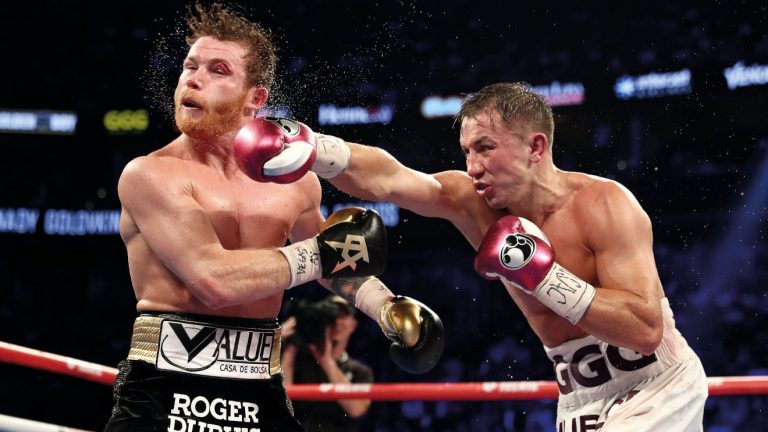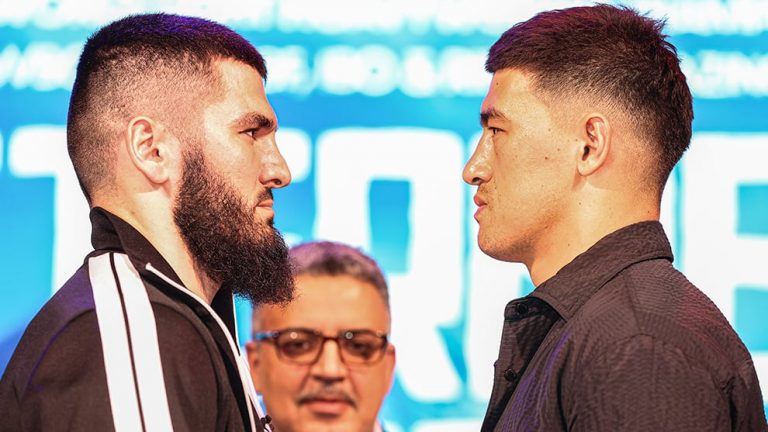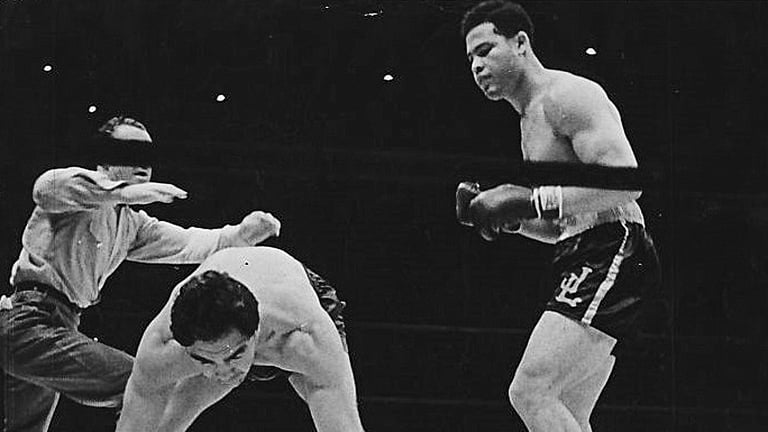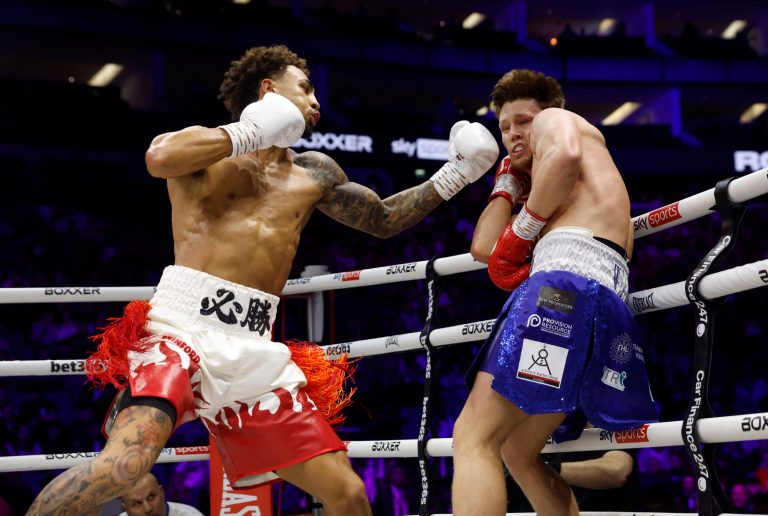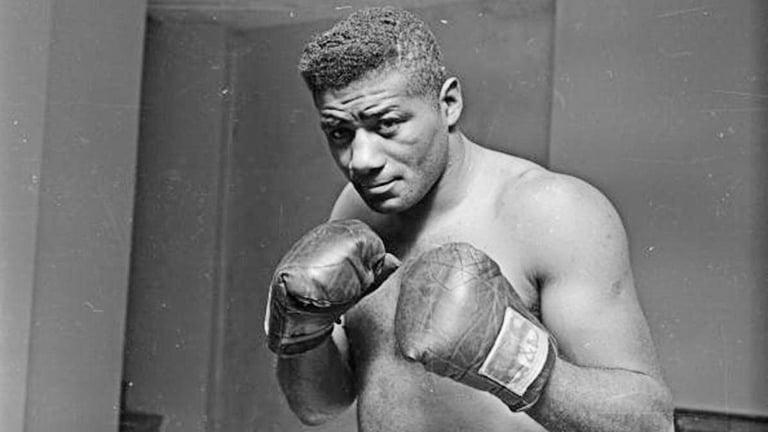Why it’s not a bad thing to keep Adam Azim and Dalton Smith apart
OFTEN in boxing you find that pride, which fuels so much of what happens in the sport, can get in the way of honesty and end up doing more harm than good. For instance, should a big fight fall apart at the negotiating table, the true nature of the stumbling block will rarely be revealed due to the small matter of pride on both sides; promoters, managers, boxers. Instead of the truth, we are invariably fed, by way of reason or excuse, something else; something easily digestible; something that allows the two parties involved to go their separate ways yet lose nothing in terms of either pride or face.
This thought again came to mind when Adam Azim and Dalton Smith were recently ordered to fight by the European Boxing Union (EBU). On paper a fine battle of prospects, any anticipation of the Azim vs. Smith fight happening was quickly doused by a couple of things: one, the fact that both boxers are represented by rival promoters, and two, an acute awareness of both boxing’s history and its politics. Indeed, as well as expecting the fight to not come to fruition, there was an expectation, too, that we would for months be led on, walked up the path, and taken around the block, rather unnecessarily, before ultimately finding ourselves back at square one, none the wiser.
And so it proved. Now, as of April 4, 2024, we know Azim and Smith won’t be meeting anytime soon, despite both camps claiming, at various points, they were interested in making the fight. Rather than Azim vs. Smith, we will instead be treated to a fight between Azim and Harlem Eubank – not a bad Plan B, by the way – while Smith, who just impressively stopped Jose Zepeda in five rounds, will presumably fight someone else before the summer.
And that’s just fine. Remember, Azim is still only 22 and has merely 11 pro fights to his name. Regardless of his European super-lightweight title, which he has since vacated, there is still a lot of learning for the Slough man to do and, best of all, he has time to learn.
Smith, likewise, is in no rush. While older than Azim at 27, and with a pro record of 16-0, he too has only recently come to prominence and started scoring wins eye-catching enough to raise the attention of people outside Great Britain. His win against Zepeda, for example, will have done just that; ditto his previous stoppage of Sam Maxwell. Before those, however, Smith was going 12 rounds with Billy Allington and Kaisee Benjamin in defence of his British super-lightweight title.
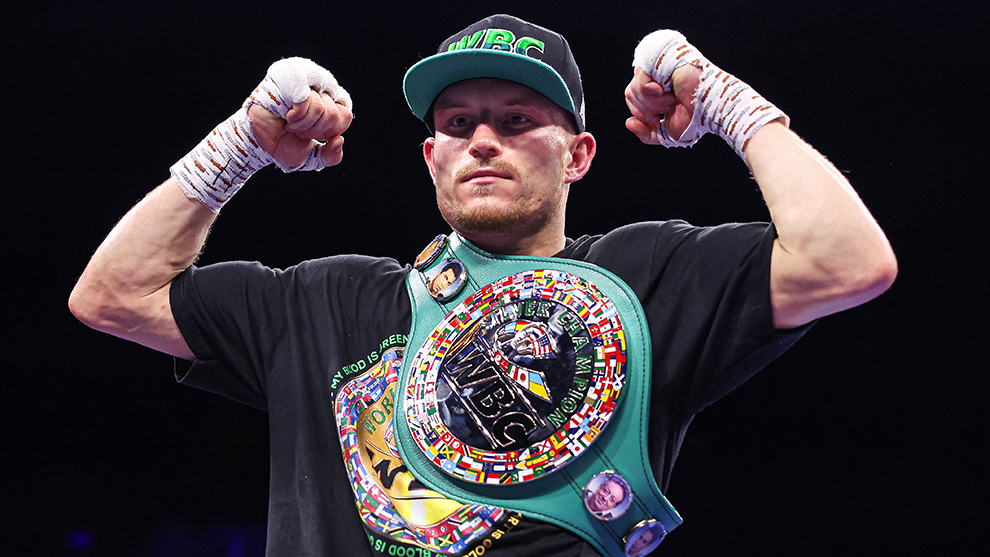
Dalton Smith (George Wood/Getty Images)
Which is to say, while in an ideal world British prospects would always meet to determine the pecking order before chasing bigger goals, there is really no rush with Smith and Azim. In fact, a lot of the frustration people feel regarding this fight and the constant talk of it has less to do with an actual desire to see Smith and Azim share a ring and more to do with the subterfuge and a sense that although it is being talked up history suggests it has only the slimmest chance of happening anytime soon.
Take Sunday night, for instance. On Sunday night, Azim and Harlem Eubank squared off to announce the possibility of fighting on a date in the near future at a location still to be decided. Meanwhile, elsewhere in the same venue, having earlier cornered Florian Marku, was Dalton Smith, the man with whom Azim has been connected for some time.
Knowing this created in most fans an element of confusion, if not complete disillusionment. After all, whereas Azim vs. Smith has been a fight on the minds of fans for a while now, Azim vs. Harlem Eubank is not a fight anybody was calling for, expected, or felt too strongly about either – even once it was semi-announced on Sunday. That’s not to say Azim vs. Eubank is a bad fight – far from it – but certainly its announcement served to shine a light on the illusion of Azim vs. Smith, a fight for so long teased but never really tackled.
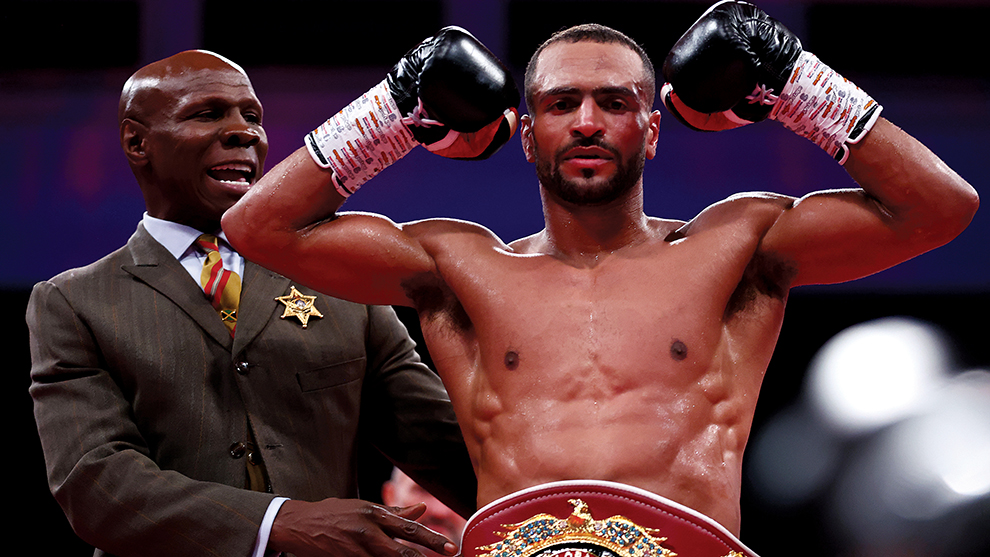
Next up for Azim is this man: Harlem Eubank (Bryn Lennon/Getty Images)
Again, it’s pride. That’s the cause of all this. Were it not for pride, both sides would come out and speak honestly. You wouldn’t, for example, have Ben Shalom, Azim’s promoter, tell the world he has 100% faith in Azim beating Smith next, but concede, in the very same interview and breath, that Azim’s chances of beating Smith increase exponentially the longer the fight is allowed to marinate. (Something you can say of pretty much any fight between unbeaten fighters on the way up.)
That’s perfectly normal, by the way; both to think this and express it. Yet what tends to exasperate fans is the insinuation that a fight could happen imminently when the greater plan, a plan predicated on safety and one to which only the fighter and his team are privy, does not actually include this fight at all.
In the case of Smith and Azim, there is no reason to excuse its delay. If anything, had it not been for the EBU ordering it, the decision to give the fight more time to grow would be considered a shrewd one, perhaps even an obvious one. With just 27 fights between them, and few standout wins, this is not, let’s remind ourselves, some fight between champions who have been on a collision course for several years, beating many of the same opponents, and goading one another after each victory. Instead, this is an infant fight bloated by the talk surrounding it, a lot of which stems from the fact both fighters are promoted by two different promoters, both of whom like to regularly speak to cameras and offer their thoughts. This, as a result, has made the fight between Smith and Azim also a fight between Eddie Hearn (Matchroom) and Ben Shalom (Boxxer), as well as a fight between DAZN and Sky Sports. That’s not necessarily a bad thing, in terms of selling the fight when the time comes, but it’s worth keeping in mind all the same that once it is made only Smith and Azim will be in the ring and responsible for delivering.
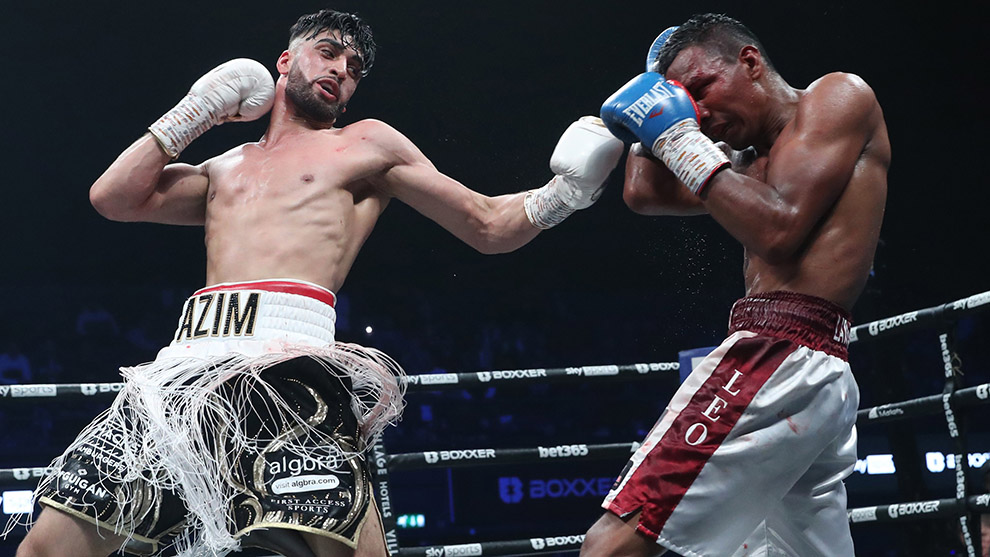
Adam Azim attacks Santos Reyes (Lawrence Lustig/Boxxer)
Right now, it’s hard to say how well the fight would do or how big it would be. Its publicity push to date has primarily centred on the fact it probably isn’t happening – which is novel to say the least – and, beyond the bubble of social media, you would be hard pressed to find in the real world too many people who have heard of either Azim or Smith, much less seen them box.
The truth is, with Smith on DAZN, and Azim on Sky Sports, the fractured nature of this so-called rivalry only hinders the effort to build it; something both sides will have to concede. This is one of the reasons why comparing it to a fight like George Groves vs. James DeGale, perhaps the all-British battle of prospects, doesn’t make sense. Unlike Smith and Azim, Groves and DeGale were Londoners very much aligned and on course to meet, despite them being prematurely ordered to do so by the British Boxing Board of Control. Added to this, their rivalry stretched back to when they were both children and gym mates, meaning there was no shortage of either animosity or story when it came to flogging the thing. They were also characters, let’s not forget; big personalities. Compelling enough on their own, Groves and DeGale were made all the more interesting when brought together, at which point it became clear their honesty was greater than even their pride. In other words, they were interesting, as a couple, because we believed everything they said. We believed their motive for taking the fight; we believed their desperation to win it; and we believed the overall urgency of the situation.
The same cannot be said for Azim vs. Smith.

